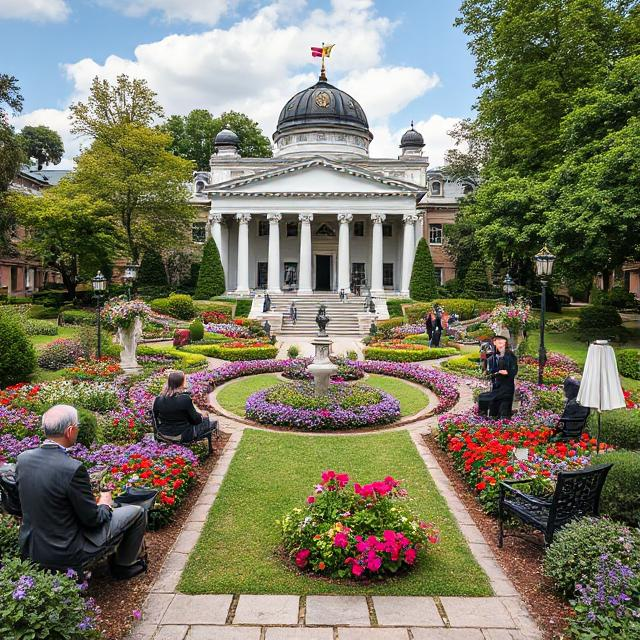
Citizens: Spectators or Stakeholders in Democracy
Imagine democracy as a vibrant community garden. Spectators wander its edges, marveling at colorful blooms but never stepping into the dirt. They admire the beauty from afar, unaware of the sweat and care that grows it. Their hands stay clean, their hearts detached—content to watch seasons change without shaping them.
But across the path, stakeholders kneel in the soil, sleeves rolled up. They plant seeds of ideas, tug out weeds of injustice, and nurture growth with patience. Their connection runs deep; they don’t just enjoy the garden—they feel its pulse, its struggles, its triumphs.
To turn observers into cultivators, we must invite them into the dirt. Hand them tools—not just shovels and watering cans, but knowledge of how laws sprout and policies take root. Offer trust, letting them prune dead branches in outdated systems or design new plots for collective needs. Most importantly, give them ownership—a stake in the garden’s future.
When people know their labor shapes the harvest, they’ll trade passive admiration for muddy hands and hopeful hearts. A garden thrives when every visitor becomes a gardener, whispering, “This plot is mine too.”
First of all it requires to plant the seeds of understanding. Just as a gardener needs to know how sunlight and water work, citizens need clarity about how democracy functions. Schools and media should simplify politics—explaining laws, voting, and civic duties in everyday language.
Workshops in neighborhoods or online can turn abstract concepts into relatable stories. When people see how policies affect their jobs, healthcare, or streets, politics stops feeling like a distant drama and becomes ‘their’ story.
Next, we need to build pathways for participation. A garden thrives when everyone tends their plot. Local governments can create “citizen councils” for budgeting or urban planning, inviting ordinary people to debate ideas—like deciding where to plant trees or build parks.
Digital platforms can let folks propose laws or vote on local issues with a phone tap. Imagine a city where repairing a pothole or funding a school isn’t just a bureaucrat’s job but a shared task. Small, regular acts of involvement—like watering a seedling—add up to a lush, lively democracy.
Trust grows like a garden when sunlight reaches every corner. A garden starved of light becomes brittle—plants droop, roots weaken, and doubts creep in. Similarly, democracy wilts when decisions are hidden in shadow.
Governments must let sunlight spill over rows of budgets, laws, and meetings, streaming debates live or breaking down spending in charts as simple as a grocery list. When leaders explain ‘why’ a fence was built or a path was closed—showing the messy soil beneath the petals—citizens stop guessing and start believing. Secrets breed suspicion; sunlight grows trust.
But even sunlight needs honesty to feed the soil. When leaders admit a tree was planted in the wrong spot or a pond turned murky, they don’t hide the misstep—they show how to mix failure into compost, transforming rot into rich soil for new ideas.
Publishing apologies alongside plans, or fixing potholes publicly after complaints, turns “their mistakes” into “our lessons.” This raw honesty bridges the gap between rulers and residents. Citizens no longer peer over the garden wall, feeling like outsiders. They’re handed a rake, invited to tend the soil, and told, “We grew this together.” Transparency isn’t just opening the gate—it’s planting a sign that says, “This garden is yours too.”
Finally, it's like celebrating the harvest together. In a garden, joy comes from sharing tomatoes and roses. Democracy needs rituals that reward participation—a tax break for volunteering, public shout-outs for community problem-solvers, or festivals where people debate ideas over food. When citizens taste the fruits of their labor—safer streets, better schools—they’ll guard the garden fiercely, knowing their care made it bloom.
Democracy isn’t a stage show to watch. It’s a garden we grow side by side. Hand people a shovel, not a ticket, and watch spectators become stakeholders—rooted, invested, and proud to say, “This is ours.”